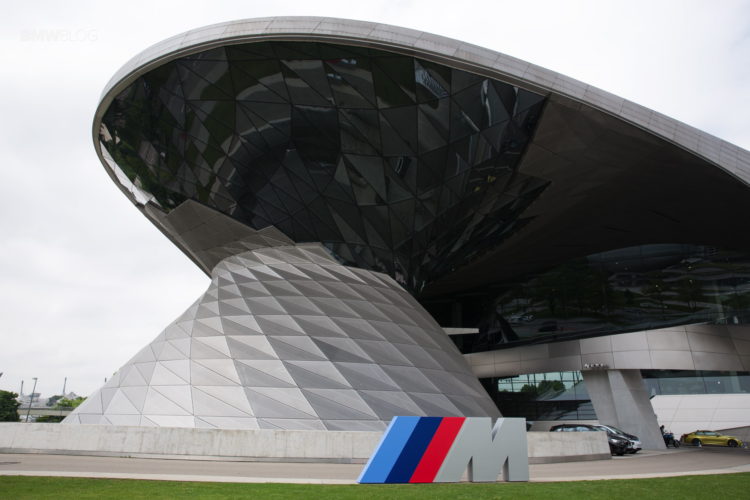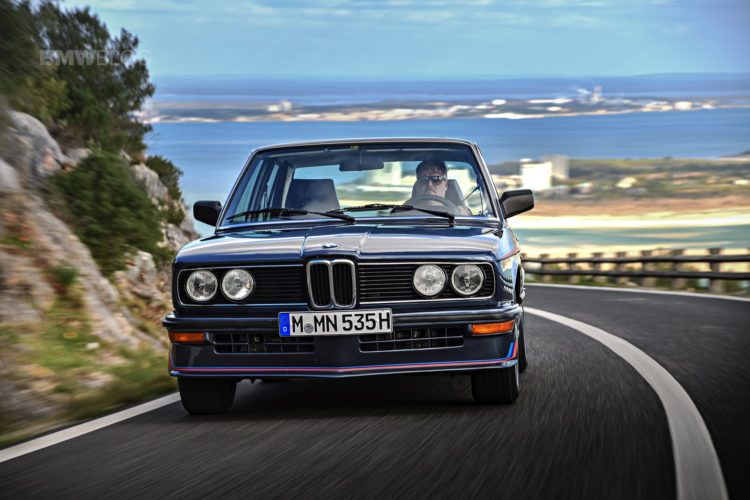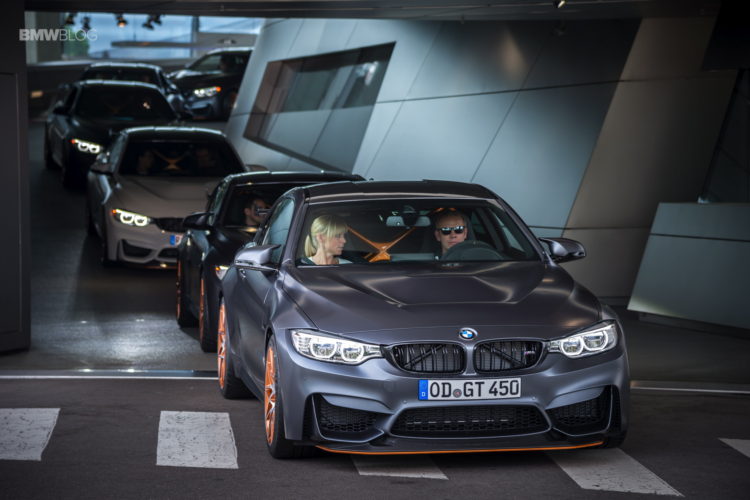In the past years, across the entire car industry we have seen an increase in the number of vehicles equipped with run-flat tires as a safety system. BMW, MINI, Lexus, Audi or Chevrolet have all started to adopt these systems with one goal in mind – vehicle safety.
According to BMW, thanks to specially reinforced side walls and additional lateral strengthening, the run-flat tires continue to perform their function even if all air pressure is lost, and you can continue driving for up to 150-250 km (depending on the model) at a speed of up to 80 km/h without any significant loss in vehicle stability.
AutoWeek brings up an interesting report about BMW and the run-flat systems. The report mentions that the Bavarian automaker has embraced this technology more than any other car manufacturer in the world.
BMW has been moving the majority of its lineup to ride on run-flat tires, starting with the 2003 models of the Z4 and the 5-series. As new models were developed the normal radial tire in a BMW was less and less preferred to the run-flat one. Today, the only models which continue to be fitted with traditional performance rubbers are the M cars.
Tom Baloga, BMW’s vice president of engineering, points out that the main concern is safety since changing a tire along the side of the road is quite dangerous. Other main reasons for adopting these systems and dropping the spare tire were the space used by the latter and the race for reducing vehicle weight.
Run-flats are also considered by the automaker to be a “green” choice, as this involves reducing tire usage by 20 percent, and hence saving millions of tires and the natural resources and energy needed to make them.
There are also downside effects to the usage of run-flat tires. AutoWeek points out that these systems don’t perform like “normal” radial tires, delivering a harsher ride than conventional tires, and adding unsprung weight to the vehicle. Price is also an important element since run-flats are approximately 20 to 30 percent more expensive than a conventional tire.
Dunlop, Michelin and Bridgestone are only some of the tire producers who adopted this system, and they continually struggle to develop the technology; Bridgestone for example is currently selling its third generation of run-flats.
In the meantime it seems that radial tires are still preferred by a lot of consumers whose main concern remain the poor ride of the car with run-flats.
However, in the future it is expected that the technology will be improved at a level where the differences between the two systems would be less noticeable.
[Source: AutoWeek ]




































































